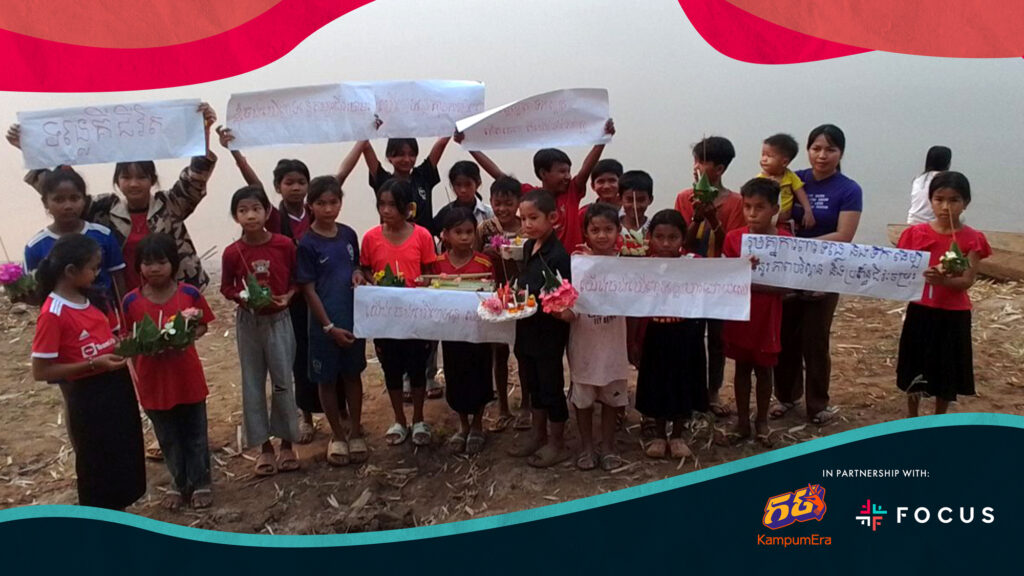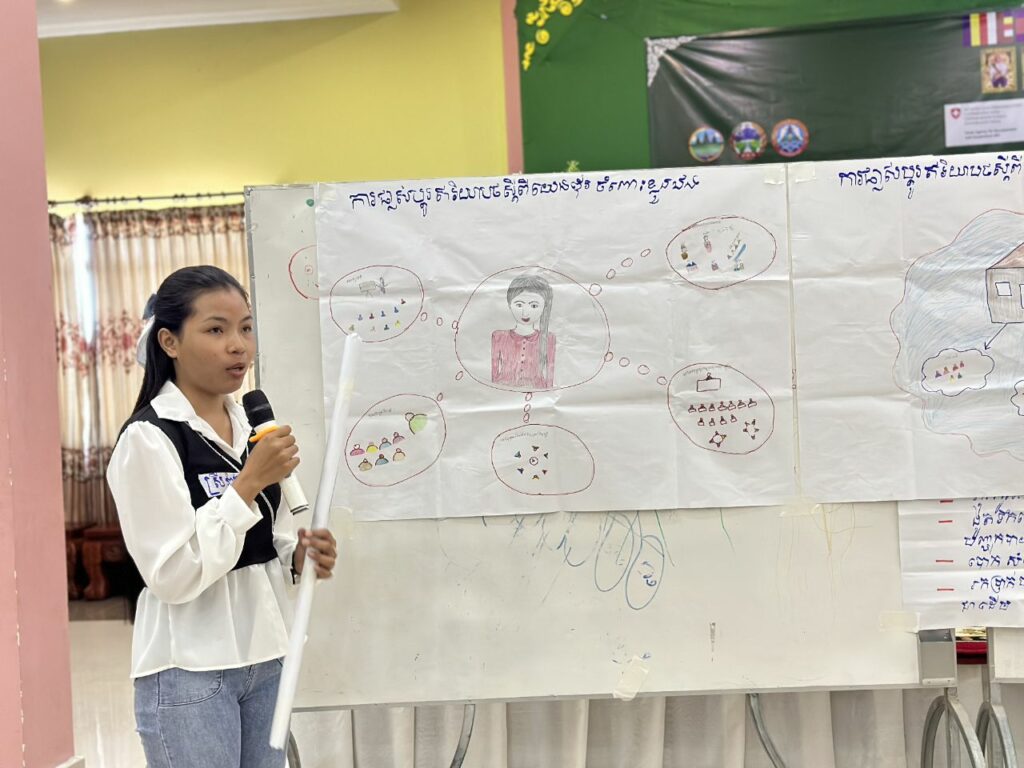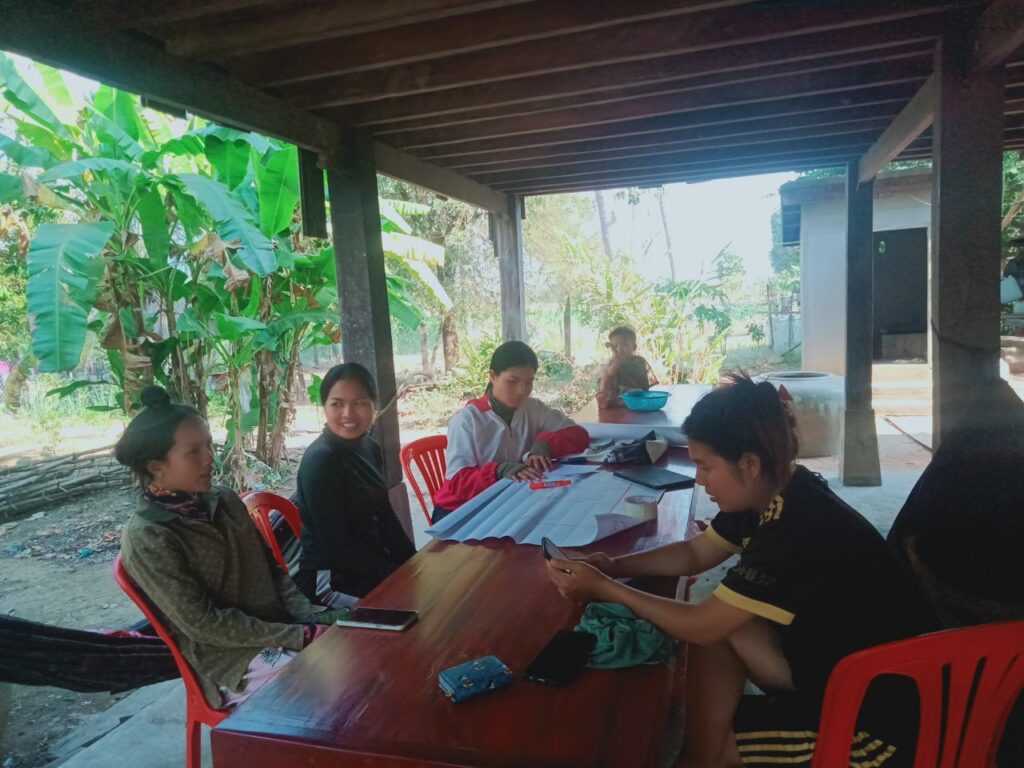In Stung Treng Province, a Cambodian NGO is on a mission to manage the natural resources of the province and provide Cambodians with a path to sustainable livelihoods.

In the northeast of Cambodia, far from the bustle of the nation’s capital, Stung Treng province is home to mountains and rivers that support a variety of plants and animals as well as residents of local communities. These same natural resources also attract less-than-welcome attention.
Illegal fishing, logging and mining are all issues facing the people and wildlife that call the area home, however, there are groups pushing back against the threat of unsustainable resource extraction. Based out of Stung Treng province, Cambodian non-governmental organisation the Culture and Environment Preservation Association (CEPA), works with local communities to advocate for sustainable lifestyles and work against environmental degradation.
Since 1996, the group has been working with local and indigenous communities to ensure environmental integrity and the protection of Cambodia’s natural resources. CEPA projects promote the creation of sustainable livelihoods through programs that promote local forestry and fisheries and spread knowledge of the importance of sustainable harvesting practices.

Sitting on the banks of the Mekong river, one of CEPA’s main projects in Steung Treng is combating the problems in local fisheries. This Partnership Program to Support Forestry and Fishery Communities aims to help local and indigenous communities develop and improve their livelihoods in a sustainable way that protects the ecosystem and safeguards the community’s natural resources. CEPA is currently supporting 25 community fisheries and a community fishery network initiative. The program focuses on community legalisation, community fishery management, plan development, and implementation.
CEPA also works to develop community forestry management plans as a way to protect the forests that are essential to local people’s livelihoods. Through the project, communities can work to use the forest’s resources in a sustainable way and improve the livelihoods available to the community.
Another community-based natural resource management project, CEPA’s plan for eco-tourism currently has several locations already selected. All three fall on the banks of the Mekong, where visitors can see sights ranging from the beautiful local wildlife to geological features like flooded forests and riverine islands. This project’s goal is to support community livelihoods and create funds for conservation and foster an understanding that these resources have value beyond their price on the market.

Beyond the everyday disruptions to ecologies, like the use of illegal electrical shock devices for fishing and illegal harvesting of wood for cooking, there are other, more sinister threats emerging in Steung Treng. Clandestine mining operations have been observed in the area causing concern among residents and wreaking havoc on fish harvests. While locals are resigned to observe and report when these operations are discovered, CEPA provides a channel for communication with government and other civil society organisations.
For nearly 20 years, CEPA has been advocating for the natural ecosystems that have been decimated across Cambodia. Representing a boots-on-the-ground approach to sustainable development, the group’s values are rooted in recognizing the importance of local solutions for local problems. The organisation’s mission and the enthusiasm of all those involved shows the possibilities that can be achieved through community organising efforts and a drive for preserving the natural world for generations to come.



